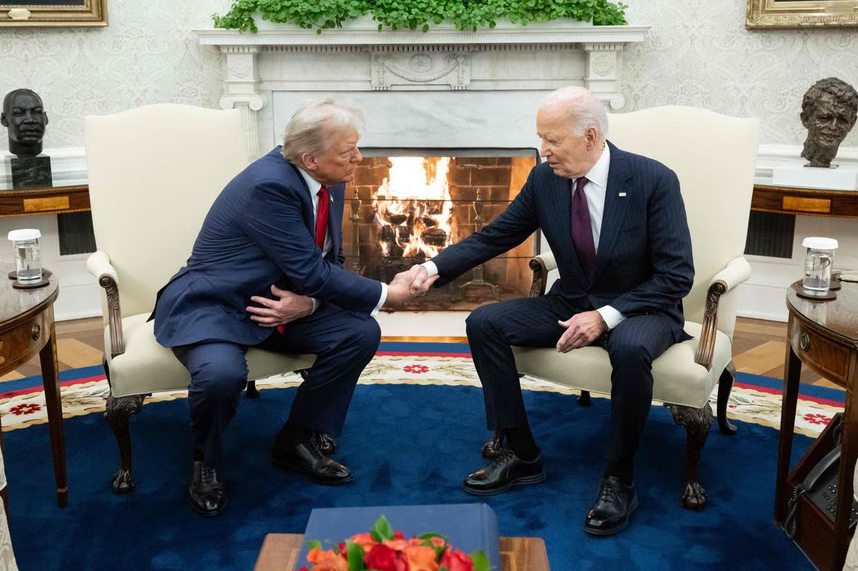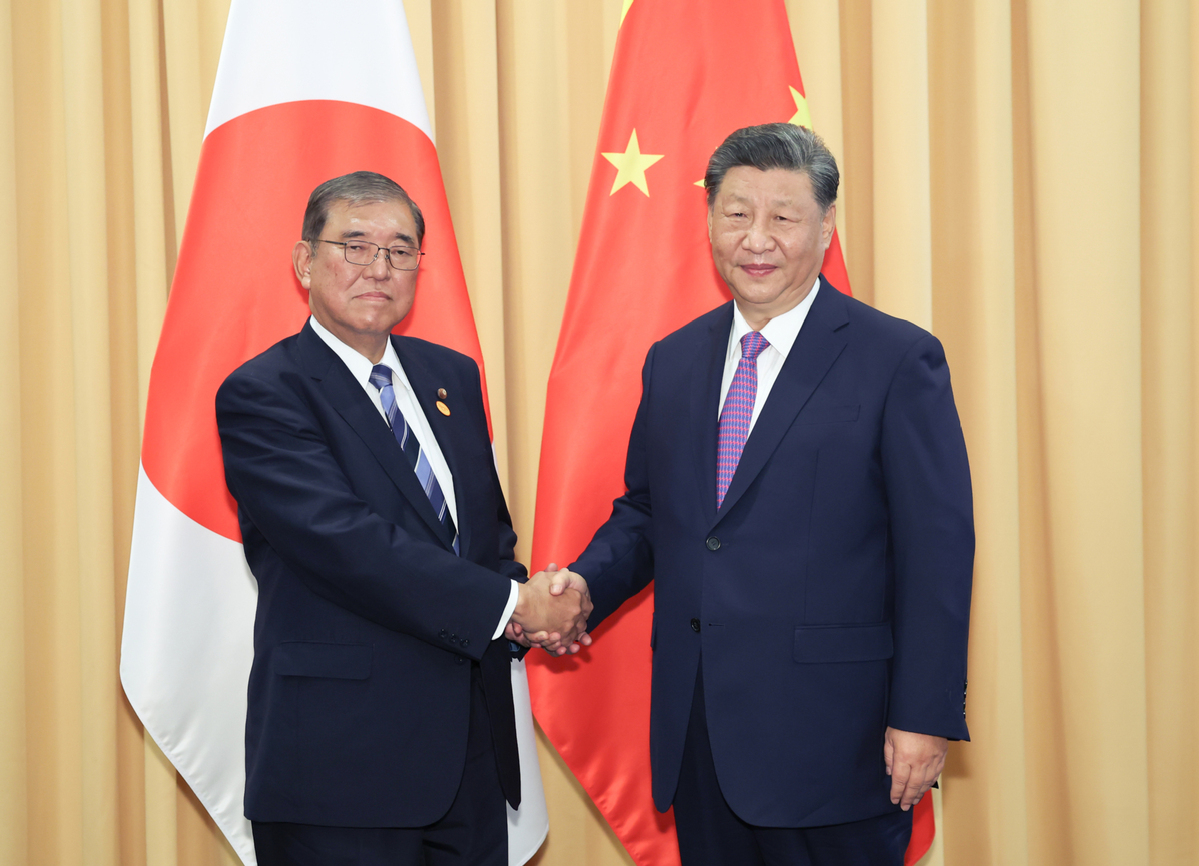
Fan Gaoyue, Guest Professor at Sichuan University, Former Chief Specialist at PLA Academy of Military Science
Jan 10, 2025
The most prominent characteristic of the incoming U.S. president is uncertainty. China, especially, must drop all illusions and prepare to compete so that it can sit tight in the fishing boat and steer it to safety. The wind and waves are likely to rise under a more experienced — and possibly less restrained — American chief executive.
Xiao Bin, Deputy Secretary-general, Center for Shanghai Cooperation Organization Studies, Chinese Association of Social Sciences
Jan 07, 2025
When he enters the White House, Donald Trump is going to need a resolution of the Ukraine conflict. But Russia’s decision-makers are unlikely to yield to him. Even if Trump got his way, the underlying issues between Russia and the West would persist.
Wang Youming, Senior Research Fellow of BRICS Economic Think Tank, Tsinghua University
Jan 03, 2025
Opinion in the United States about the warming of China’s relations with countries in the region identifies the trend as a threat, both to the U.S. itself and to countries that are progressing toward democracy.
Vasilis Trigkas, Visiting Assistant Professor, Schwarzman College, Tsinghua University
Dec 31, 2024
As the world looks back into a turbulent 2024, the Nobel Peace Prize awarded to Hiroshima and Nagasaki survivors underscores the urgent need for renewed global efforts to mitigate nuclear risks. In the face of rising geopolitical tensions and technological advancements, we must revive strategic dialogues and prioritize diplomatic solutions, following President Kennedy’s example, to ensure global security and address the existential threats posed by nuclear weapons and AI-enhanced warfare. And this call demands leadership.
Zhang Yun, Professor, School of International Relations, Nanjing University
Dec 24, 2024
The election of Donald Trump to a second term signals that the United States will temporarily step back from the next wave of globalization. As a consequence, Japan’s future security will lie in its deep integration into the processes of globalization and regional integration. This raises an opportunity for improving China-Japan relations.

Zhang Yun, Professor, School of International Relations, Nanjing University
Dec 20, 2024
From Shinzo Abe’s concept of escaping the postwar regime to Shigeru Ishiba’s idea of postwar political settlement, the trajectory of Japan’s political evolution is becoming increasingly apparent. For both China and the United States, responding to a Japan that embraces strategic autonomy poses a significant strategic challenge.
Lucio Blanco Pitlo III, President of Philippine Association for Chinese Studies, and Research Fellow at Asia-Pacific Pathways to Progress Foundation
Dec 13, 2024
ASEAN and BRICS are both international cooperative organizations, much like the G7 - except both are led by non-Western aligned nations. The addition of Indonesia, Malaysia, Thailand and Vietnam to BRICS raises the question of whether these groups can harmonize their goals without disrupting ASEAN's long-standing geopolitical orientation.

Richard Javad Heydarian, Professorial Chairholder in Geopolitics, Polytechnic University of the Philippines
Dec 13, 2024
The West’s dominating influence around the world has come under heavy scrutiny as open conflicts rage on in Europe and the Middle East. Does this year’s BRICS Summit, hosted in Russia, represent an inflection point in the global community’s tolerance for U.S.-led order?
Li Zixin, Associate Researcher, China Institute of International Studies
Nov 22, 2024
Threats of violence are pushing the region to the brink. Israel said it would exact a “deadly and heavy” toll for any Iranian attack. In turn, Iran promised to “retaliate tenfold,” and its hardliners want to lift the ban on developing nuclear weapons. Lines are blurring that were once seen as inviolable.
Warwick Powell, Adjunct Professor at Queensland University of Technology, Senior Fellow at Beijing Taihe Institute
Nov 22, 2024
The new Japanese prime minister wants to reassert Japan’s standing as a regional power, which will challenge the expectations of Washington elites and further rattle a region that is seeking to skirt the dynamics of great power competition.
Back to Top

- China-US Focus builds trust and understanding between the U.S. and China through open dialogue among thought leaders.
- Our Offerings
- Topics
- Videos
- Podcasts
- Columnists
- Research Reports
- Focus Digest
- Stay Connected
-
Thanks for signing up!
- Get the latest stories from China-US Focus weekly.